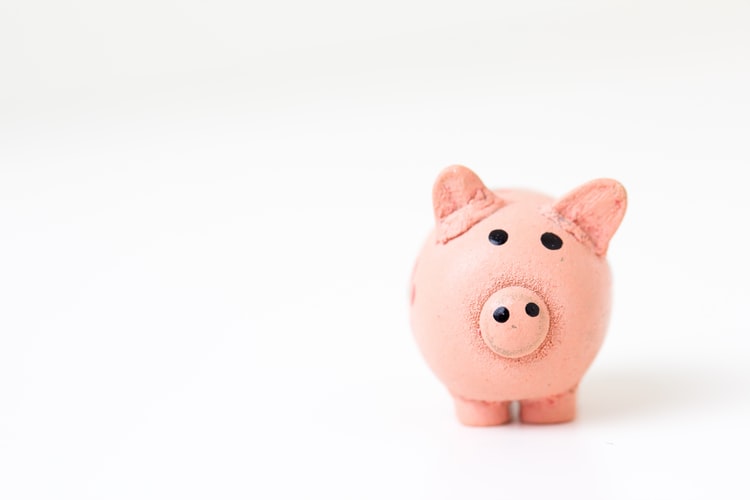Self-discipline is no easy thing. If it was, it wouldn’t sound so horrible. Whether we’re preventing ourselves from enjoying another slice of cake or steering clear of a handsome acquaintance with a bad reputation, applying self-control is very hard work. All too often, we slip up and indulge in something which isn’t in our best interest. We eat an entire jar of peanut butter while binging on terrible television, we indulge in mean gossip about a colleague which we know isn’t kind. While these acts might feel gratifying in the moment – they quickly catch up with us, often manifesting as guilt.
This pattern will be too familiar to those of us who spend money impulsively. We all know that we should be making savings that will support our future growth and security. Sometimes, however, we throw caution to the wind and throw away our hard-earned cash on last minute holidays, expensive shoes and gadgets we most certainly do not need.
Impulsive over-spending is common to all generations, but recent research suggests that younger people are increasingly vulnerable to “financial splurges” thanks to the influence of social media. This type of financial behavior isn’t exclusive to younger people, however, or to individuals with chronic shopping habits – most of us are guilty! A 2018 study in the US found that consumers make an average of $5,400 worth of unplanned purchases each year – with most of these splurges going on food items.

Some of us shop impulsively when we feel stressed. Those of us who are more hedonistic and easily bored are more prone to spontaneous purchasing. We’re all more likely to buy impulsively with friends – and less likely with relatives. There are a multitude of reasons why we splurge – but there are also a multitude of ways to help curb our spending. Wonga’s recent article on how to stop spending money is full of practical ideas. Here are a few of our favorites:
Withdraw your weekly (or daily) budget
It’s easy to be careless with money when you’re not immediately aware of how much you are spending, or how much you have left in your account. Swap your debit card for cash to get a more “real” sense of your outgoings. Having the cash in your hand will make you less likely to spend recklessly, as you’ll be immediately aware of how much you have left for the rest of your week.
Have a “no spend” day each week
Challenge yourself to have a “no spend” day each week. On this day, do not spend any money on non-budgeted, non-essential items (i.e. topping up your petrol is allowed, but ordering takeout is not). Not only will regular days like this help you save more money, they’ll also make you much more aware of when you feel the impulse to spend unnecessarily. This can help you build resistance to these moments.
Create a 30-day waiting list for big purchases

It’s easy to get excited about the idea of a big purchase. However, before you go ahead and spend impulsively, add the item to a “waiting list”. You will be allowed to buy the item after a 30 day waiting period. This “cool down” period will help you take stock of whether the item is truly necessary. It may also give you time to explore cheaper options and locate better deals if you decide to go ahead with the purchase.



